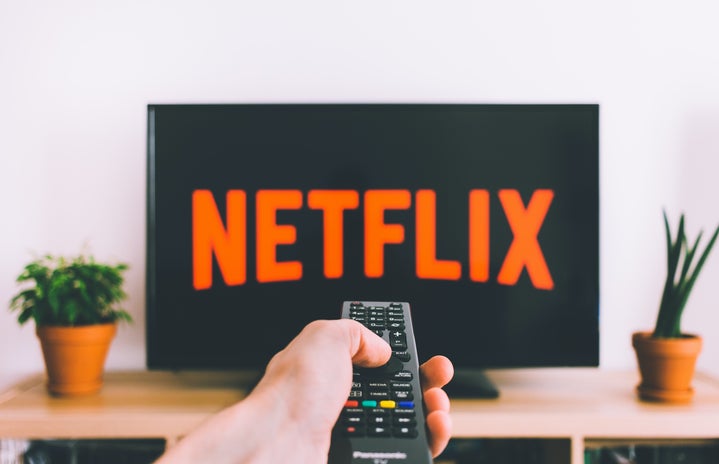The Social Dilemma was released by Jeff Orlowski on January 26th, 2020. This is a documentary available on Netflix to stream. Originally, I watched this documentary for my Social Psychology class. I had heard about it from some friends but had never watched a trailer or anything and went into it blind. After watching 94 minutes of this production, I was astonished. I spent the next couple of days thinking about what I had seen and finally understood. I watched it a second time to grasp the ideas more clearly and to see if I had missed anything of importance that I may have overlooked during the first viewing. If there is anything you take away from this documentary or review, it is that you should be aware of the effects social media has on individuals and our society as a collective. Orlowski highlights that there is a current social media dilemma in our society today. Think about how many times a day you pick up your phone and how often you post on social media. How many social media accounts do you have? Do you use them frequently? Do they take up the majority of your day? Do you look something up and then get an advertisement about the same product on Instagram or Facebook? I’m sure that you can resonate with one of these scenarios. The issue here is that Generation Z is growing up with social media as a dominating factor in our society. The Social Dilemma documentary highlights and exposes that these social media platforms are exploiting consumer biases and are using algorithms and feedback loops to make adolescents addicted to social media and to gain consumer spending. The documentary also mentions the mental health effects of social media and reflects on how Generation Z has the most individuals being diagnosed with depression and anxiety disorders. It was interesting to hear about this topic and think about Social Media Addiction. This isn’t even categorized in the DSM-5 which is the Diagnostic and Statistical Manual of Mental Disorders. This is a diagnostic tool published by the American Psychiatry Association. Although this addiction is not recognized in the DSM-5, it may be coming within the next ten years. There are many empirical articles that highlight the detrimental effects that social media is having on our society. Along with mental health disorders increasing among our generation, we also see that it creates a highly polarized society. These algorithms have led people into traps where they only see posts and content that reaffirms their own views and creates tensions between people who do not share the same opinions. This is causing unrest in our society and many people overlook the effect that social media is having on us.
Overall, this documentary is very well written and exposes many upper tech positions. As a viewer, I appreciated that they had numerous points of view from people involved in the social media world. One of the most astonishing points made was when they interviewed the former president of Pinterest who noted that he could not separate his work life and his outside of work life. Wherever he went, social media and Pinterest were with him on his phone and he could not escape from it. He told the audience that when it was created, it was not meant to be evil and I agree. Social media was not planned to be harmful or evil, but it has evolved to be and it is now our responsibility to fix what we, as a collective, have broken.
This documentary will allow you to gain more knowledge about the technology and social media that we use daily and I would recommend it to everyone!
Disclaimer: Her Campus at St. Law U is neither sponsored by nor affiliated with any brands or companies in this article.
Did you like this article? Want to join our team? Reach out to us on our social media platforms here!



